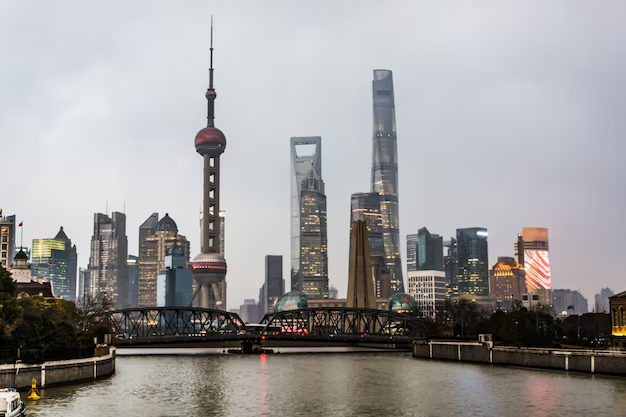Bali, renowned for its lush landscapes and vibrant culture, is now setting its sights on transforming the nearby island of Nusa Penida into a premier luxury destination reminiscent of Monaco. As Bali continues to thrive as a top tourist hotspot, local leaders are advocating for strategic changes in tourism operations across the province, particularly focusing on Nusa Penida’s potential.
In a recent interview, Gede Pasek Suardika, Chairman of the Supreme Council of the Nusantara Awakening Party (PKN) and former member of the Bali House of Representatives, outlined a bold vision for Nusa Penida. He believes that, with the right planning, the island can emerge as a world-class tourism destination that prioritizes economic and environmental sustainability. Suardika emphasizes the need for “social foundations” to attract more investment to Nusa Penida, which is essential for the infrastructural upgrades necessary to support luxury tourism.
Suardika envisions Nusa Penida competing with Bali’s established luxury enclave, Nusa Dua, and even surpassing it. He asserts that the island possesses the potential to become Indonesia’s version of Monaco while retaining its unique cultural identity—a crucial concern as development progresses.
However, this ambitious vision has sparked debate among local leaders, community members, and returning tourists. Many express concern that the island is at risk of losing its cultural essence as mass tourism continues to expand. While some applaud Suardika’s aspirations, others fear that the already widespread influence of mass tourism may overshadow the island’s traditional values and charm.
A notable project, the Nusa Penida Glass Elevator, has emerged as both an opportunity and a challenge. Proponents argue that the elevator will attract even more tourists to an island that is already one of Bali’s most popular attractions. With thousands of visitors traveling daily from Sanur, Padangbai, or Serangan, Nusa Penida is becoming increasingly busy. However, the push to prioritize growth and invest in developments that could drastically alter the natural landscape has raised alarms about long-term sustainability.
The Glass Elevator is expected to bring tens of thousands of additional visitors, further straining the island’s resources, including hotels, restaurants, and vital utilities such as water, electricity, and internet services. While many view this influx of tourists as an economic boon, others are calling for a pause to assess the sustainability of such rapid expansion and its impacts on the island’s infrastructure, originally designed to support its resident community.
Whether Nusa Penida can successfully rebrand itself as the Monaco of Indonesia remains to be seen. Bali has already demonstrated its capacity for world-class luxury tourism, especially in areas like Nusa Dua. However, as commitments to mass tourism development increase, maintaining the exclusivity, quality, and luxury that the vision for Nusa Penida demands will become increasingly challenging.
The journey ahead for Nusa Penida is crucial. It must find a balance between harnessing the allure of luxury tourism and preserving its rich cultural heritage and stunning natural environment. The decisions made today will shape the island’s future, determining whether it can truly become the prestigious destination that leaders envision or whether it will be swallowed by the very mass tourism it seeks to transform.
The post Bali Aims to Transform Nusa Penida into Indonesia’s Luxury Tourism Gem Inspired by Monaco appeared first on Travel And Tour World.




Comment (0)